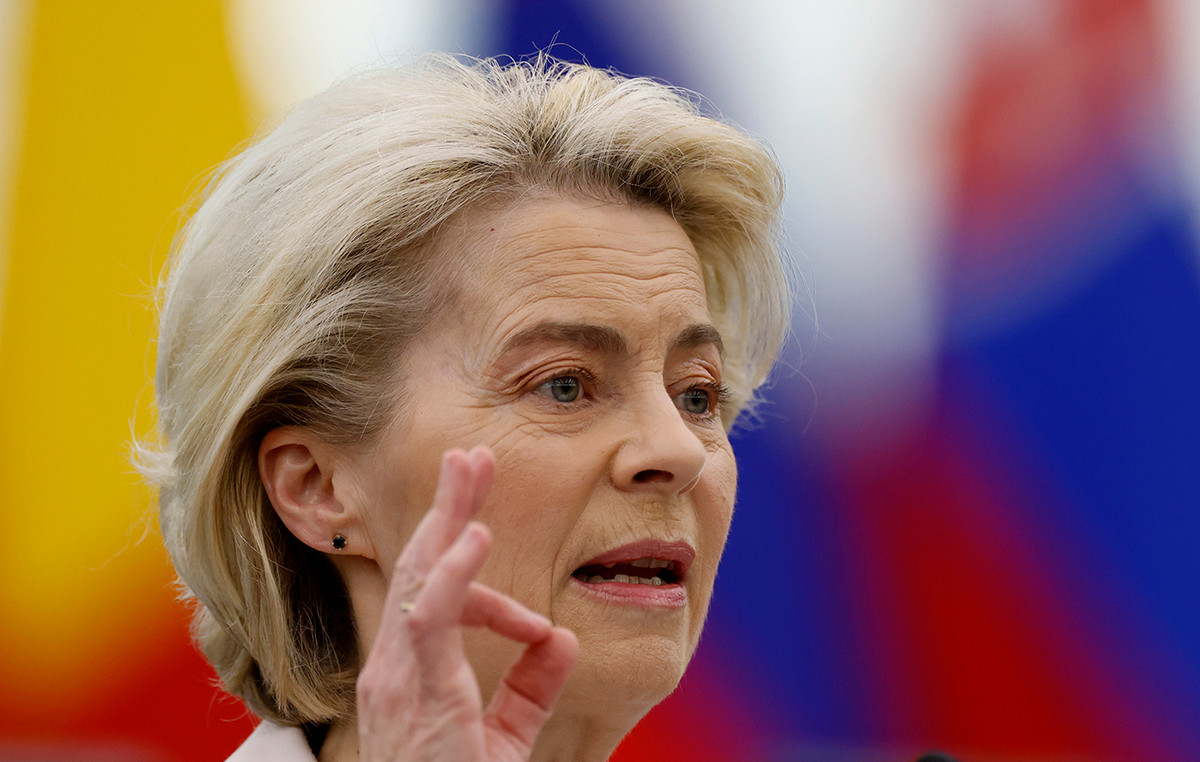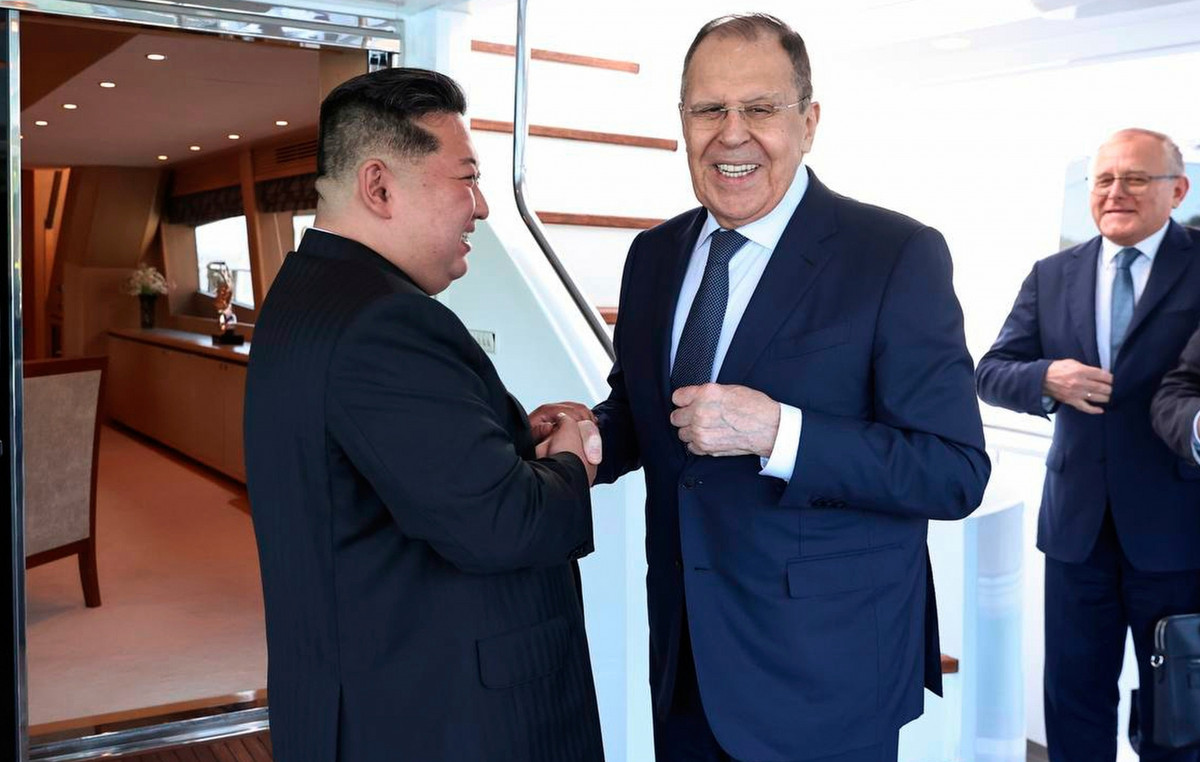This is a confusing time when it comes to world affairs, with the US government explaining why it was time to leave Afghanistan on the one hand, but why it is also time to defend Ukraine on the other.
It’s a time when Americans want their militaries less committed abroad. NATO (North Atlantic Treaty Organization) is feeling the heat rising. Expanding autocracies like Russia and China are getting bolder and acting as allies.
The era of the United States of America, the superpower, is being tested in new ways around the world.
Eastern Europe
Exactly 30 years after the fall of the Soviet Union, Russia is maneuvering to further invade Ukraine, one of its former republics. NATO, in a post-Soviet boom, is the victim of Russian President Vladimir Putin.
The Biden administration has put 8,500 US troops on heightened alert to be sent to Eastern Europe as a deterrent to Russia and a guarantee for NATO countries.
Western Europe
American influence needs reinforcement. To unify NATO countries against Russia, the US is also playing the role of energy intermediary, seeking Middle Eastern and Asian fuel guarantees to lessen Russia’s influence as Germany’s main natural gas supplier.
Asia
China is testing the autonomy of Taiwan, the autonomous island it has long coveted, with repeated air force missions in close proximity to Taiwan. This year’s biggest incursion came a day after the US, along with Japan, moved a flotilla of Navy ships into the Philippine Sea as part of a training exercise.
Meanwhile, isolated from the world, North Korea has ramped up its missile tests.
Middle East
Bases housing US troops in Iraq and Syria were attacked this year. This week, US Patriot missile defenses joined the United Arab Emirates in intercepting missiles fired by Yemen’s Houthi rebels that hit Al Dhafra Air Base in the United Arab Emirates, where US troops are housed.
And then there’s Iran. After the US, under then-President Donald Trump, detonated the international deal aimed at halting the country’s nuclear escalation, Iran may be moving ever closer to nuclear weapons.
The US role
All these situations have been in the works for years, but the emerging question is what role the United States will play going forward.
The standoff over Ukraine suggests US opponents perceive weakness and see an opening now.
“The growing challenges to US authority come at a time when there is a widespread perception abroad that Washington is no longer the power it was in the second half of the 20th century,” says Stephen Collinson of CNN.
He adds: “Despite Biden’s assurances that ‘America is back,’ last year’s chaotic withdrawal from Afghanistan has raised questions about US competence and commitment. US adversaries know that Americans are exhausted after 20 years of war abroad, a factor that may lead some to calculate that Washington could waver in its strategic obligations for political reasons.”
On the front line, Ukrainians prepare for possible attack
Putin is directly or indirectly involved in most of these issues – from Ukraine to Syria to Asia.
I wrote last week that no one is quite sure what Putin is looking for. But Fiona Hill, a senior fellow at the Brookings Institution and a former Russia expert at the White House, argues convincingly in The New York Times that she knows exactly what he wants, at least in terms of Ukraine: Putin “wants to evict the United States of America.” Europe”.
She writes: “As if he could say, ‘Goodbye, America. Don’t let the door slam on you on the way out.’
Jill Dougherty, Russia expert and former head of the CNN in Moscow, agreed. “They want to remake the end of the Cold War,” she said Tuesday in “New Day.” And the Russian state media blitz is helping to shape public attitudes in this arena.
According to Hill, Putin feels that American power is waning. He “believes that the United States is currently in the same situation that Russia was in after the Soviet collapse: severely weakened at home and in retreat abroad.”
The stalemate in Ukraine, she writes, must be tackled forcefully by the US, as it will reverberate across the world.
She argues that in addition to defying NATO, Putin’s aggression in Ukraine would threaten “the entire UN system and jeopardize the arrangements that have guaranteed the sovereignty of member states since World War II – similar to Iraq’s invasion of Kuwait in 1990, but on an even larger scale.”
For all the geopolitical gambles, Putin’s economic clout is what slowed Europe’s unity against his actions.
On CNN London Business Ivana Kottasová writes that the Nord Stream 2 subsea natural gas pipeline from Russia to Germany, bypassing Ukraine, has become a crack in the geopolitical crisis.
“Given that Russia’s objective is to divide everybody, if they are trying to break the unity of the European Union and NATO, this pipeline has been a wonderful path,” said Kristine Berzina, a senior fellow at the German Marshall Fund of the United States. States, to Kottasová.
Reference: CNN Brasil
I’m James Harper, a highly experienced and accomplished news writer for World Stock Market. I have been writing in the Politics section of the website for over five years, providing readers with up-to-date and insightful information about current events in politics. My work is widely read and respected by many industry professionals as well as laymen.







